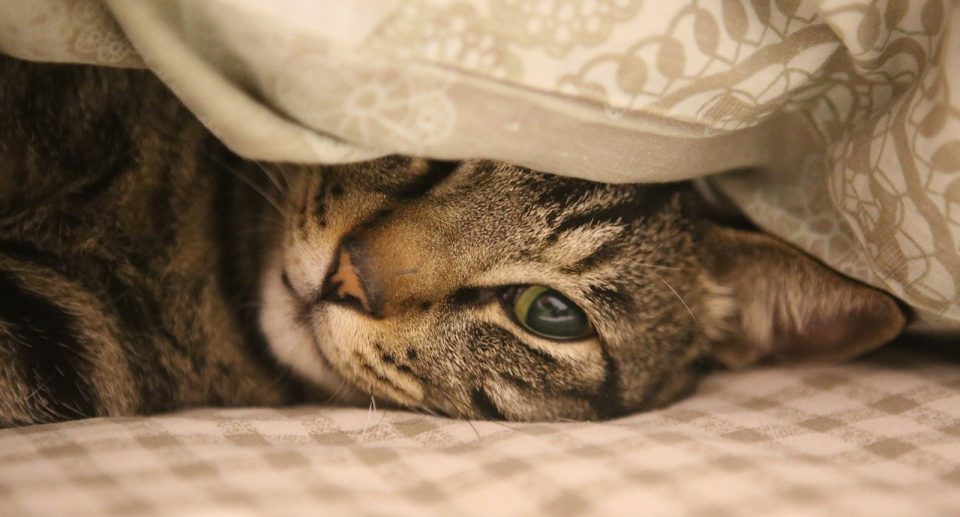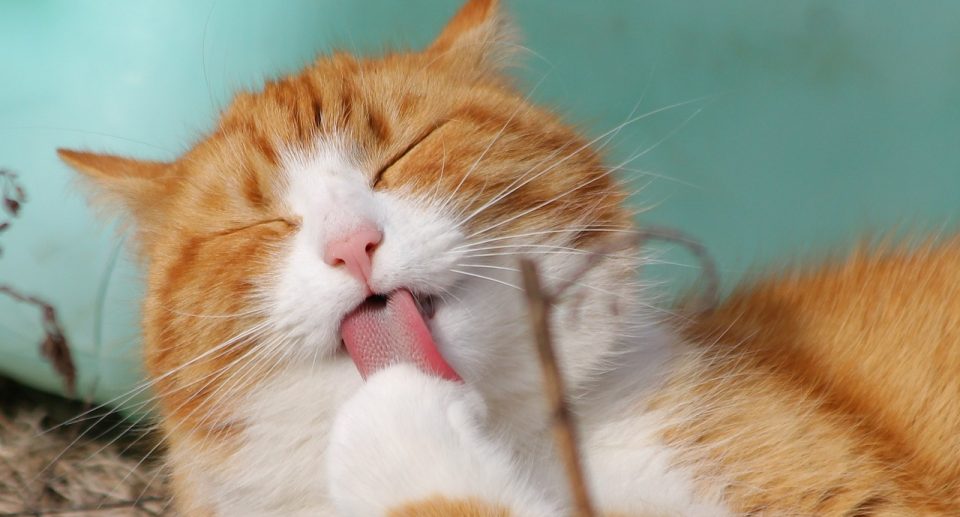How Pet Ownership Can Improve Seniors’ Mental Health and Wellbeing

Pet ownership can be a transformative experience for seniors, providing companionship, emotional support, and opportunities for physical activity. As we navigate the later stages of life, the benefits of having a pet can significantly impact mental health and overall well-being. This article explores how pets contribute to improved mental health in seniors and why incorporating a furry, feathered, or scaly companion into their lives can be rewarding.
The Connection Between Pets and Mental Health

Emotional Companionship
One of the most profound benefits of pet ownership is the emotional support pets provide. Many seniors face feelings of loneliness and isolation, particularly if they live alone or have lost loved ones. Pets can fill this emotional void by offering companionship and unconditional love. Whether it’s a dog snuggling on the couch or a cat purring softly, pets can create a comforting environment that reduces feelings of loneliness.
Reduced Anxiety and Stress
Interacting with pets has been shown to lower levels of cortisol, a stress hormone, while simultaneously increasing the production of serotonin and dopamine, which promote feelings of happiness. Spending time with a pet can provide a calming effect, making it easier for seniors to cope with stress and anxiety. The simple act of petting a dog or cat can trigger the release of oxytocin, often referred to as the “love hormone,” further enhancing emotional well-being.
Sense of Purpose and Responsibility
Caring for a pet can instill a sense of purpose in seniors. Pets rely on their owners for food, shelter, and companionship, which can motivate seniors to engage in daily routines. This sense of responsibility can be particularly beneficial for those who may feel their independence dwindling. Regular feeding, grooming, and exercising a pet can create structure in a senior’s day, giving them a reason to get up, move, and stay active.
The Physical Benefits of Pet Ownership

Encouragement of Physical Activity
Owning a pet, especially a dog, often encourages seniors to engage in regular physical activity. Daily walks, playtime, and other interactions provide essential exercise that can enhance physical health. This increased activity helps maintain a healthy weight, improves cardiovascular health, and boosts mood. For seniors who may struggle with motivation to stay active, a pet can serve as the perfect workout buddy.
Enhanced Social Interaction
Pets can also facilitate social interactions. Taking a dog for a walk often leads to conversations with neighbors or fellow dog owners at parks. These interactions can help seniors build a social network, combatting feelings of isolation. Additionally, pet ownership can be a conversation starter in community settings, encouraging friendships and connections.
The Impact on Cognitive Function

Mental Stimulation
Engaging with pets can provide mental stimulation, which is vital for maintaining cognitive health as we age. Playing with pets, teaching them new tricks, or simply caring for their needs can keep the brain active. For example, seniors may enjoy teaching their dog commands or solving puzzles with their pet, which helps maintain cognitive function and agility.
Routine and Structure
Pets thrive on routine, which can help seniors establish a daily schedule. Having set times for feeding, walking, and play can provide structure to their day, making it easier to manage time and responsibilities. This routine can be comforting, especially for seniors who may feel disoriented or forgetful. The predictability that pets bring can create a sense of stability and security in their lives.
Choosing the Right Pet

Assessing Lifestyle and Needs
Not all pets are suitable for every senior. When choosing a pet, lifestyle, physical capabilities, and personal preferences must be considered. For instance, smaller pets, like cats or hamsters, may be ideal for seniors who prefer a low-maintenance companion, while larger dogs may require more physical activity and space.
Adoption and Support
Adopting a shelter or rescue organization is a great option when considering pet ownership. Many shelters provide resources to help new pet owners transition into pet ownership smoothly. Additionally, they often have programs that connect seniors with volunteers who can assist with pet care, making pet ownership more accessible.
Conclusion

Pet ownership can be a powerful tool for enhancing mental health and well-being in seniors. The emotional support, physical activity, and social interaction that come with having a pet can lead to a happier, healthier life. By choosing the right pet and integrating them into daily routines, seniors can experience a profound improvement in their overall quality of life. Whether it’s a playful dog, a cuddly cat, or even a lively bird, pets can bring joy, companionship, and purpose, making every day more fulfilling.





